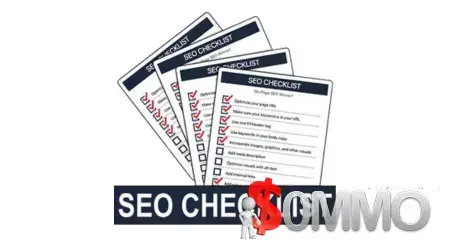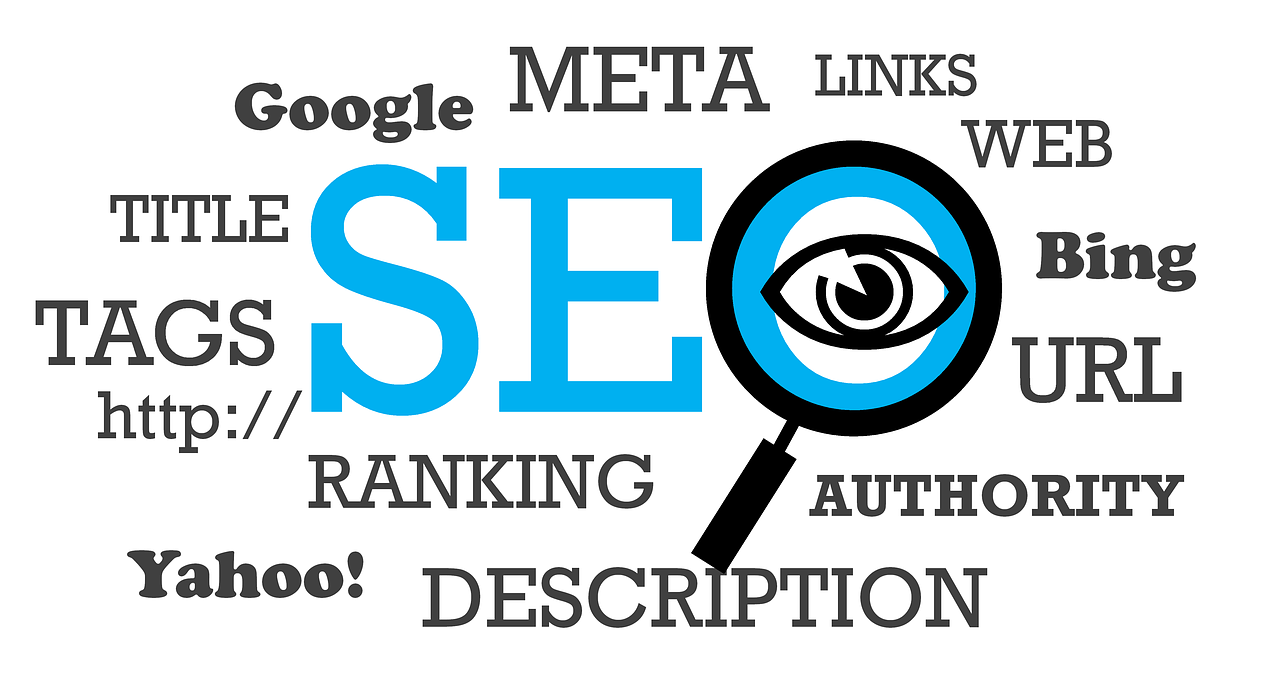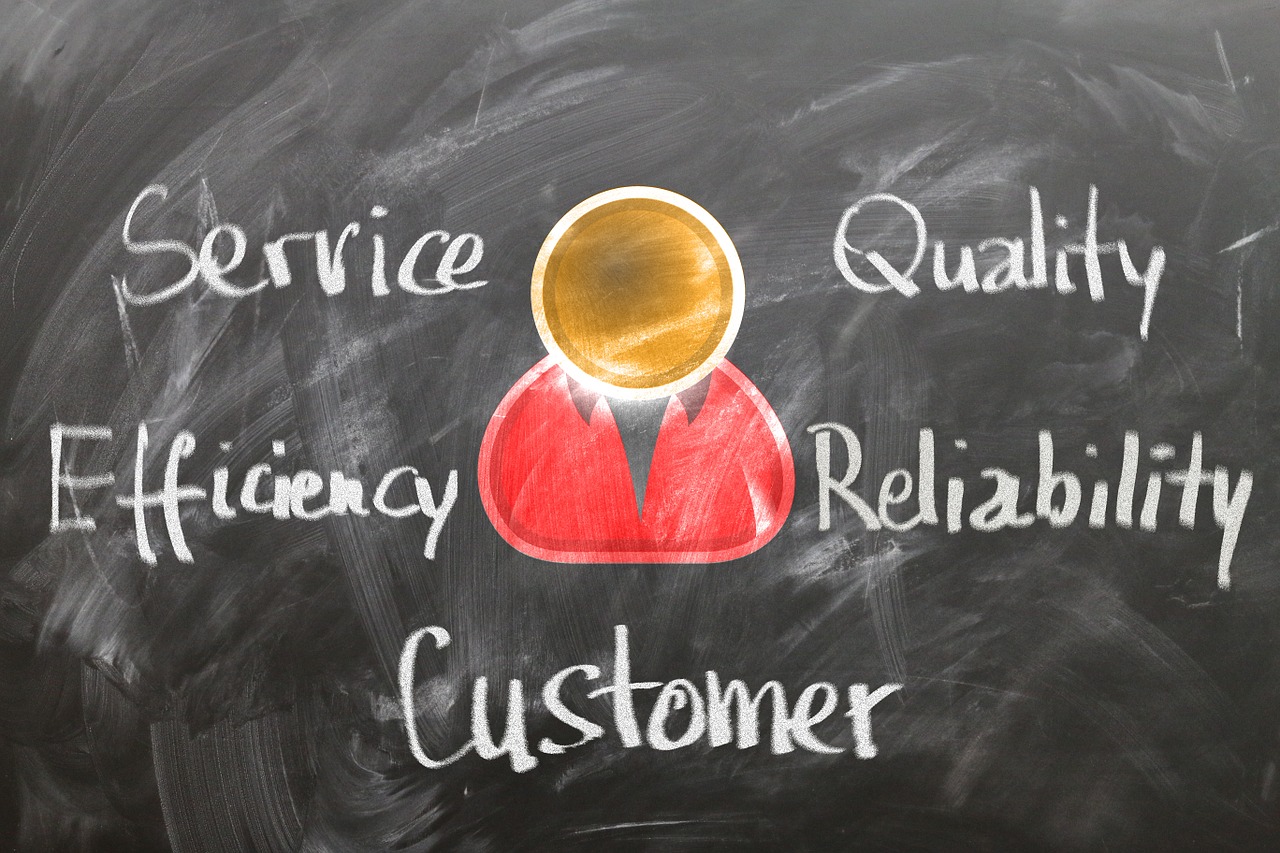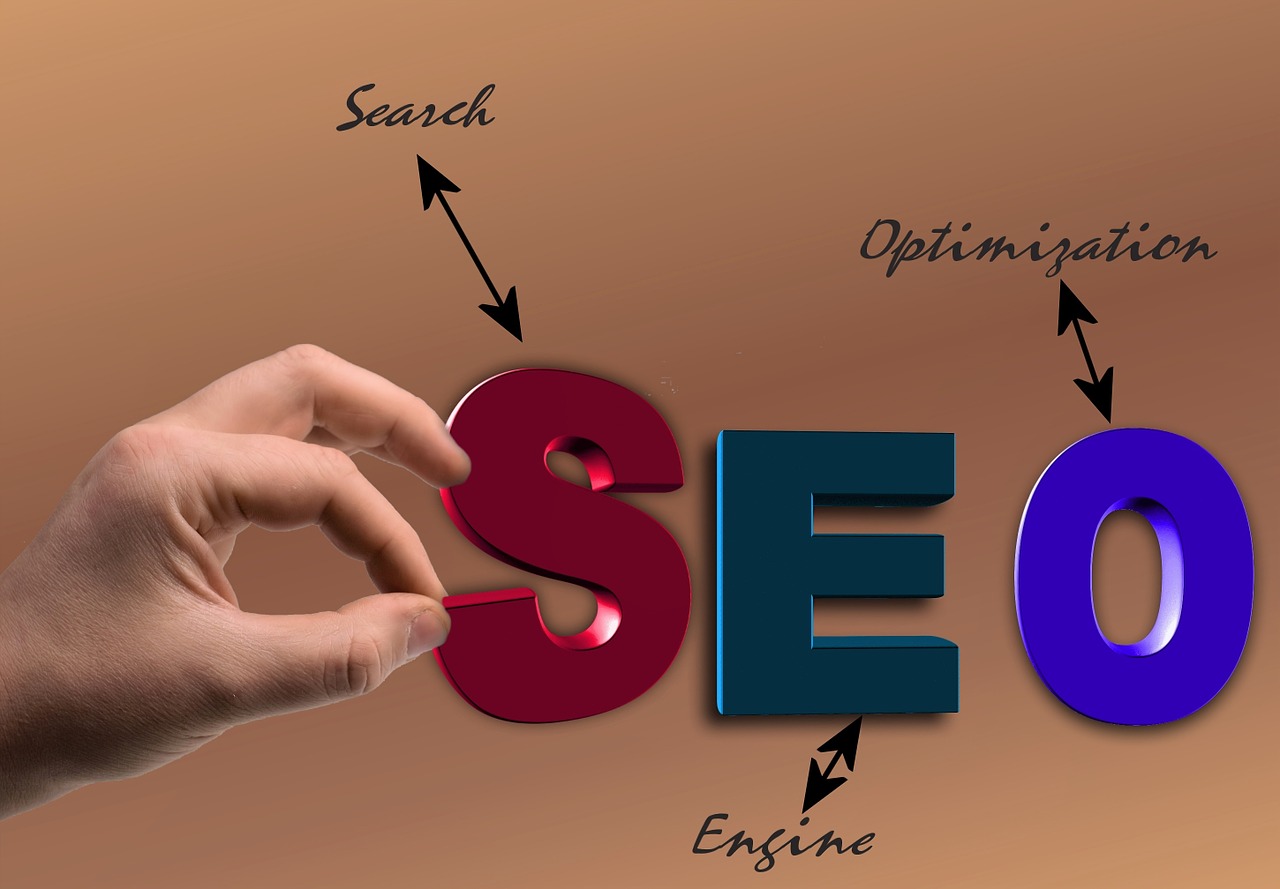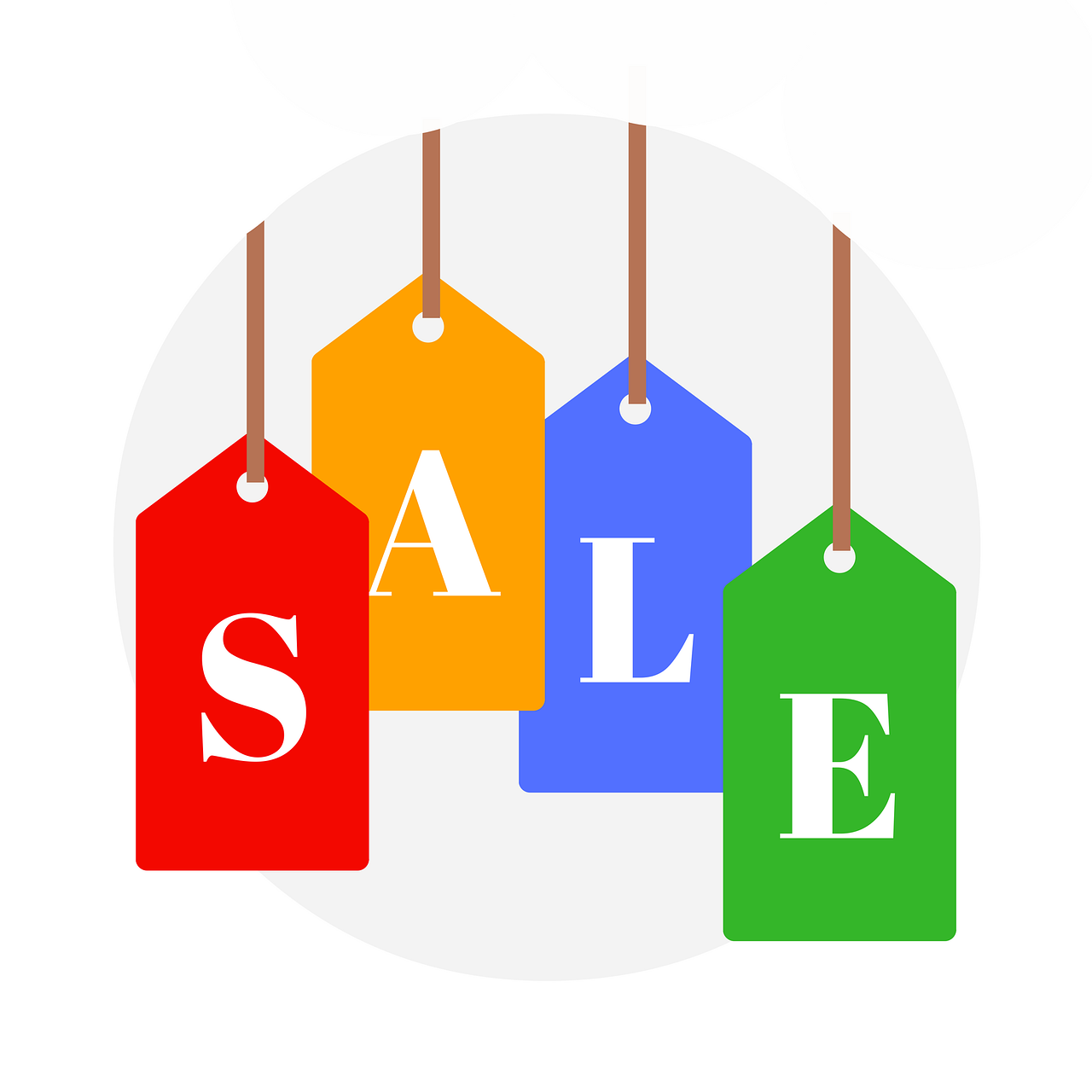CRM Tools: The Secret Weapon Every Small Business Needs for Success
CRM (Customer Relationship Management) software tools are essential for modern businesses—yet many small business owners are still underestimating their power. You don’t need a massive budget or a giant team to benefit from CRM tools. Whether you’re just starting or trying to streamline your existing processes, CRM tools are within reach, often at no cost. Here’s how CRM tools can work wonders for you and how to leverage them for growth without breaking the bank.
Why CRM Tools Are Essential for Your Business
At their core, CRM tools help businesses build and manage stronger relationships with customers. They allow you to track interactions, automate workflows, and gain insights to improve your customer experience. It’s not just about organizing data—it’s about using that data to make smarter decisions and work more efficiently.
But how do CRM tools work for small businesses? Here’s a breakdown of the top benefits and features of CRM tools, especially the free ones that make a big difference.
1. Centralized Customer Data: Track Every Interaction in One Place
One of the main advantages of CRM tools is that they centralize customer interactions in a single location. No more searching through emails, notes, or spreadsheets to remember what you discussed with your customers. Every call, email, meeting, and interaction can be tracked, allowing you to see the full picture of each customer’s journey.
Example: HubSpot CRM is one of the best free CRM tools that let you store and access all your customer interactions in one place. It helps you track leads from the very first interaction all the way through to conversion, ensuring no opportunity is missed.
Click here to get started with HubSpot CRM HubSpot CRM
2. Automation That Saves You Time and Money
What if you could automate your business processes, like sending follow-up emails or scheduling meetings, without hiring extra help? CRM tools, like Zoho CRM, automate repetitive tasks, saving you time so you can focus on high-impact activities.
Example: Zoho CRM offers automation for follow-ups, task assignments, and reminders. It acts as your personal assistant, ensuring no task slips through the cracks, while you focus on scaling your business.
Click here to explore Zoho CRM Zoho CRM
3. Manage Your Sales Pipeline Like a Pro
A good CRM helps you visualize where your leads are in the sales funnel. With CRM tools like Freshsales, you can easily track your leads and know exactly where to focus your efforts.
Example: Freshsales CRM offers a visual sales pipeline so you can track every lead and their position in the sales cycle. It helps you prioritize leads that are closer to conversion, boosting your chances of closing more deals.
Click here to start with Freshsales Freshsales
4. Keep All Communications in One Place
When you’re managing multiple clients, your communication can get messy. CRM tools solve this by centralizing all communication channels—emails, calls, meetings, and social media messages—so you can manage everything from one platform.
Example: Pipedrive CRM integrates seamlessly with email providers like Gmail and Outlook, allowing you to send and receive messages directly within the tool. It also helps you keep track of email interactions and set reminders for follow-ups.
Click here to explore Pipedrive CRM Pipedrive CRM
5. Use Data to Make Smarter Decisions
Your CRM tool collects tons of valuable data, but what use is it if you can’t analyze it? CRM tools provide real-time insights into your sales performance, customer behavior, and marketing efforts.
Example: Bitrix24 CRM offers in-depth reporting capabilities, allowing you to track your sales pipeline, customer behavior, and team productivity. These insights help you refine your strategies and focus on what works best.
Click here to get started with Bitrix24 CRM Bitrix24 CRM
6. Segment Your Customers for Better Targeting
Not all customers are the same. Some are ready to buy, while others need nurturing. CRM tools help you segment your customers, ensuring you target the right messages to the right people at the right time.
Example: Agile CRM allows you to tag and categorize your contacts, letting you tailor your messaging to specific segments. Whether it’s a cold lead or a loyal customer, you can customize your approach and improve your chances of conversion.
Click here to try Agile CRM Agile CRM
7. Integrate Your CRM with Other Tools for Streamlined Operations
As your business grows, you’ll use more tools. The beauty of CRM systems is that they integrate with many of the business tools you already use, from email marketing platforms to project management software.
Example: Salesforce CRM offers extensive integrations with tools like Google Apps, Slack, and Mailchimp, helping you manage your operations from one platform. This integration makes your workflow smoother and more efficient.
Click here to explore Salesforce CRM Salesforce CRM
Final Thoughts: Get Started with CRM Today
Using CRM software doesn’t require a massive budget. Free tools like HubSpot CRM, Zoho CRM, and Freshsales provide all the essential features you need to start managing customer relationships and automating processes.
By utilizing CRM tools, you can save time, improve customer engagement, and make data-driven decisions—all of which lead to growth. Ready to take your business to the next level? It all starts with CRM.
Start using CRM tools today and see how they can help you manage your business more effectively!

